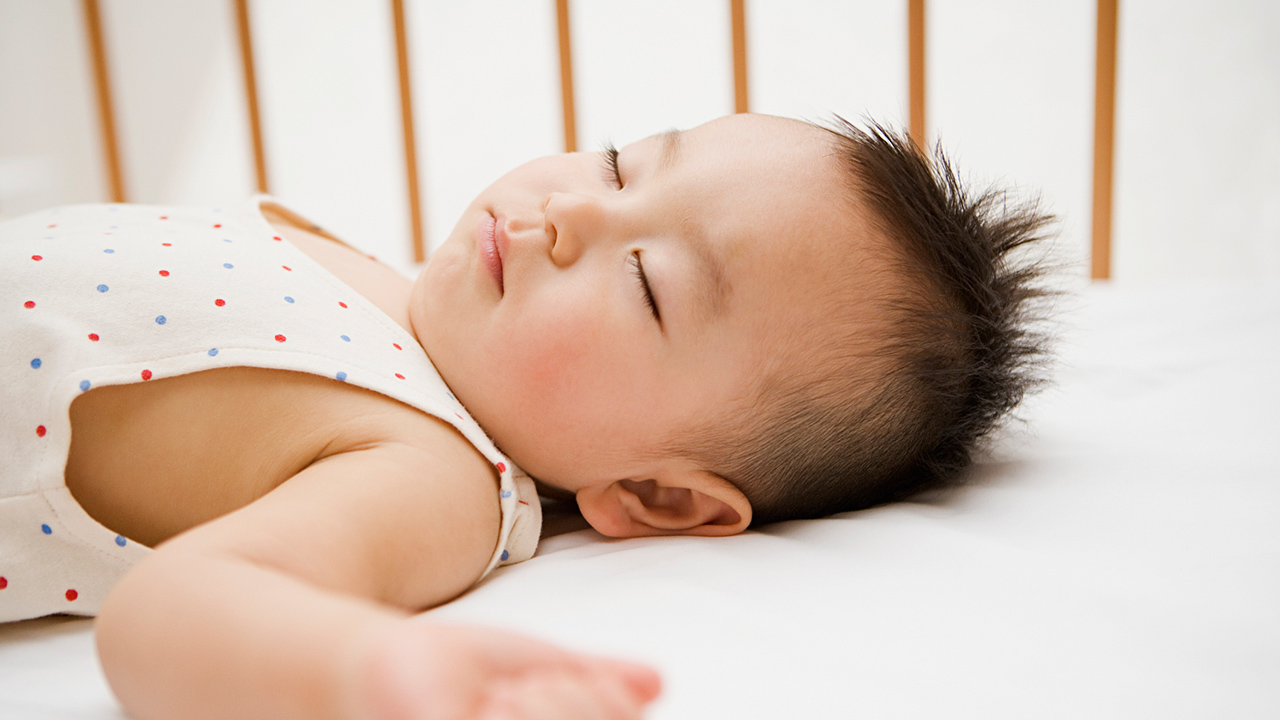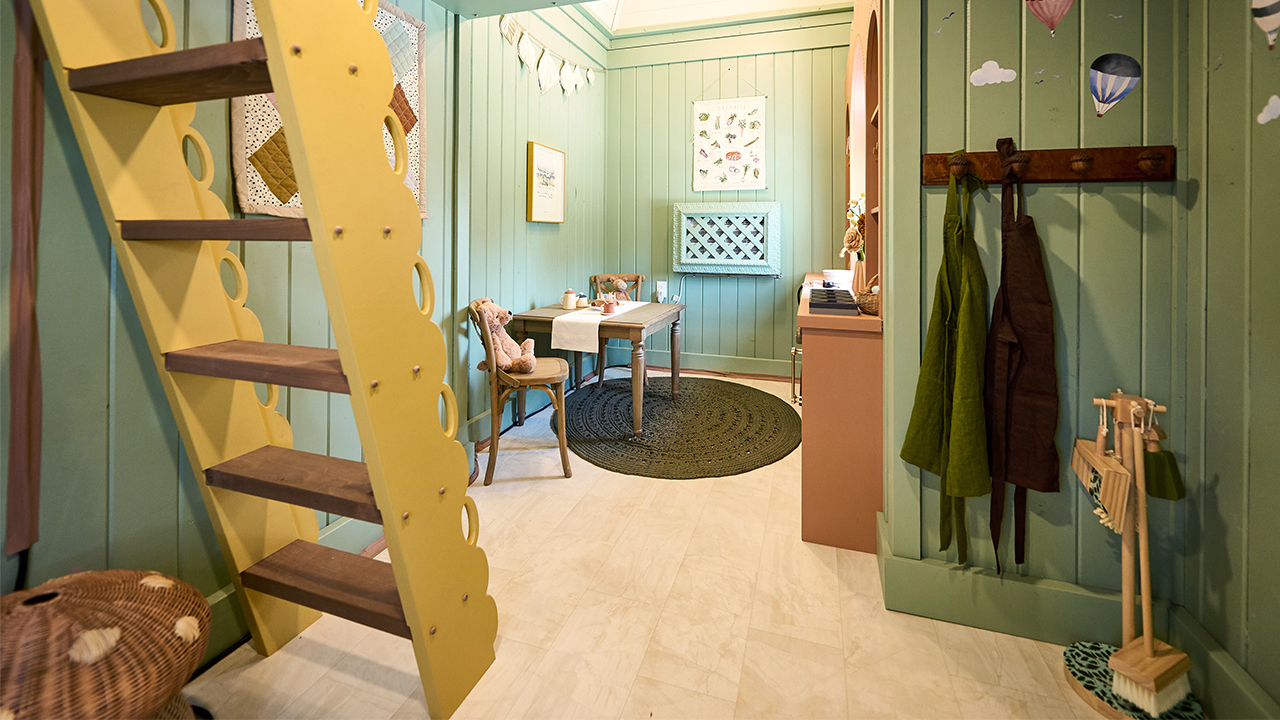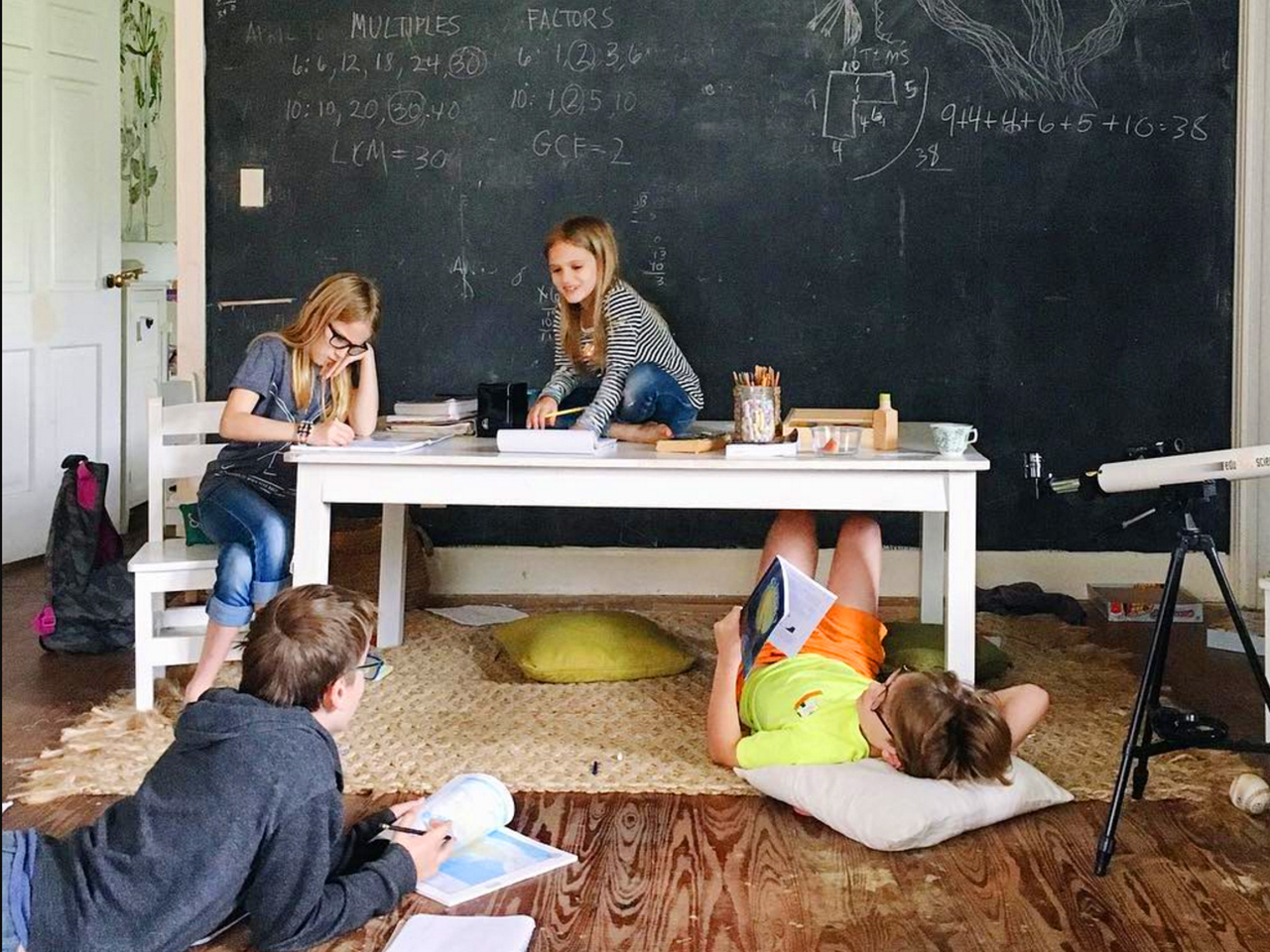I ignored the mommy wars, avoided CIO debates and simply did what felt right for me. It worked—and now my kids have sleep hygiene habits that will benefit them for life.
Just over 11 years ago, I began parenting my first child. I was the first of my siblings and my friend group to have a baby. This was Missouri in 2011. Attachment parenting, gentle parenting and bedsharing all existed, but they hadn’t made it to the Midwest, or at least not into my baby-free world. So I did everything the way my mom had done it, with a few tricks I learned from second-hand parenting books thrown in for good measure. I bought a playpen. I breastfed because I was poor, not because I had strong feelings about breast being “best.” And as soon as my baby was six months old, we started sleep training. We did it with common sense—by setting timers, checking in with soothing reassurances and starting her on solid foods—but by “sleep training,” I mean we let her cry it out. Like the books promised us, the process lasted less than four nights. And after that, my daughter became a sleeping pro.
By the time I had my second child two years later, “crunchy” parenting had arrived in the Midwest, or, at least, the controversy had arrived. Sleep training, along with bottle vs. breast and whether to vaccinate, had become a question of identity. But while parents everywhere channelled their latent aggression into the “mommy wars,” I ignored the evidence being slung by both sides and quietly sleep-trained my six-month-old in the same way I had my first.
Two years later, when we had our third and final baby, the mommy wars were over. Cosleeping attachment parents who responded to their babies’ and toddlers’ every nightly cry, usually by taking them to their own beds, had won. Boomers might not have liked it or ever understood it, but it made breastfeeding easier and certainly seemed like the most loving way to raise your kid. Still, once again, even more quietly this time, we sleep-trained our baby. I can’t even remember how many nights it took, but before long, my husband and I, our four-year-old, our two-year-old and our six-month-old were sleeping through the night in our own beds and waking up well-rested the following morning.
As parents of three small kids, my husband and I were still remarkably tired, but it was nothing like the zombie-level I-may-not-be-safe-to-drive exhaustion our peers were reporting. Still, as great as it was to get uninterrupted overnight sleep with babies and toddlers in the house, seven years later, I see an even more important benefit of our sleep training: Our kids—now 11, 9 and 7 years old—still sleep better than their peers.
For the last few years, the conversation around sleep training, cosleeping, responsive nighttime parenting and bed-sharing has revolved chiefly around SIDS (all camps can find a study that backs their play) and the emotional ramifications of each choice. Do you want your toddler to learn the skill of interdependence? Respond to them throughout the night. Do you want them to have a secure attachment style? Bed-share.
But for me, these conversations are missing what is perhaps one of the most important ways our children are affected by how we approach their relationship with sleep, which is their relationship with sleep. When it comes to a person’s physical and emotional health, good sleep hygiene is right up there with a balanced diet and regular exercise. So, why are we talking about the process of teaching our kids to sleep like it’s an opportunity for us to foster desirable personality traits within them rather than as a crucial life skill?
I don’t brag, judge or evangelize, but I still feel defensive when people characterize sleep training as cruel. For our family, it was, and remains, a positive experience. I look at the choice I made to sleep-train my kids as a gift that I gave them. Critics of cry-it-out sleep training argue that it causes short- and long-term issues ranging from anxiety to unhealthy attachment styles, but there are two sides to the story and no way of seeing into the future. While my kids are still too young to say whether my gift of sleep training scarred them for life, at this point, they are thriving. But who knows? Maybe that won’t hold either.
Between social media and the all-too-human urge to be the best at everything we do, it often feels like guilt defines this generation of parents, and it’s hurting all of us. This is why I refuse to feel guilty for doing everything in my power to give my children a lifetime of falling asleep as soon as their heads hit the pillow.

 PARENTING TIPS
PARENTING TIPS PREGNANCY
PREGNANCY BABY CARE
BABY CARE TODDLERS
TODDLERS TEENS
TEENS HEALTH CARE
HEALTH CARE ACTIVITIES & CRAFTS
ACTIVITIES & CRAFTS


